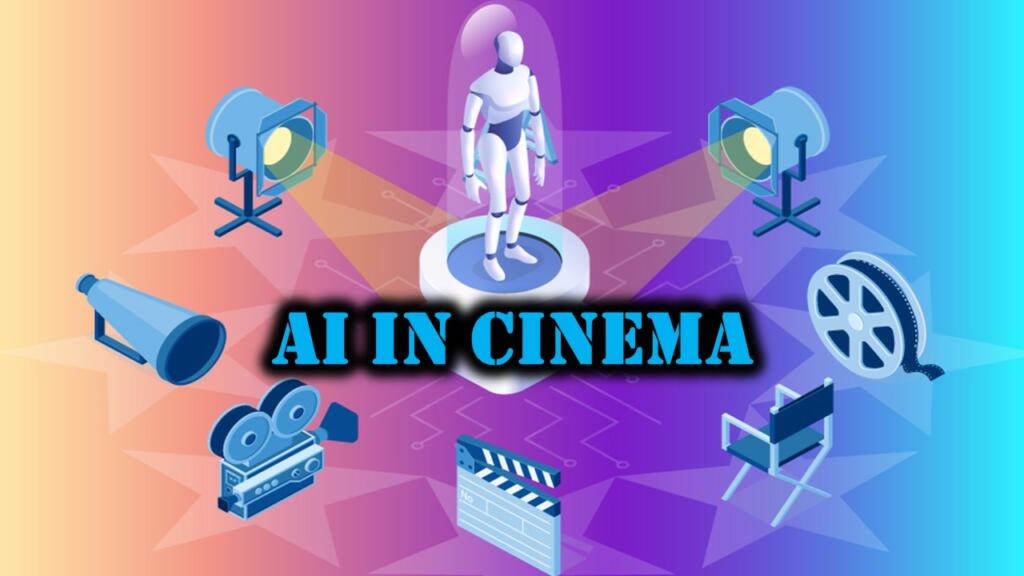Imagine the famous sequence of The Godfather II, a cinematic masterpiece, with a completely different star cast. Thanks to AI, this seemingly unimaginable scenario can become a reality. Let’s explore the ways in which AI will impact cinema as a whole.
Redefining Casting Choices
Artificial Intelligence (AI) has become a transformative force across various industries, and cinema is no exception. The integration of AI technology in filmmaking has the potential to revolutionize the industry, pushing boundaries, and challenging traditional practices. From altering famous sequences with different star casts to automating certain creative roles, AI is set to reshape the landscape of cinema.
Imagine the famous sequence of The Godfather II, a cinematic masterpiece, with a completely different star cast. Thanks to AI, this seemingly unimaginable scenario can become a reality. AI algorithms can analyze facial features, expressions, and other characteristics to mimic the performances of renowned actors. By manipulating voice tones and expressions, AI can enable actors from different regions and cultures to deliver iconic performances. This opens up a whole new world of creative possibilities, blurring the boundaries of traditional casting choices.
Also read: Bollywood’s half yearly report & it’s a shocker!
Streamlining the Film Crew
As AI continues to advance, certain creative roles in the filmmaking process may be replaced by AI-driven technologies. Jobs such as lyricists, screenwriters, dialogue writers, costume designers, and set designers are all susceptible to automation. AI algorithms can analyze vast amounts of data, from existing scripts and dialogue patterns to historical costume and set designs, to generate creative content that aligns with specific genres or styles. While this may raise concerns about the loss of human creativity, it also presents opportunities for collaboration between AI and human creators, resulting in innovative storytelling.
With AI taking on various creative roles, the future of cinema may see a significant reduction in the size of film crews. While traditional film production involves numerous specialists, the integration of AI can streamline the process. AI-powered technologies can handle tasks such as script analysis, scene composition, visual effects, and even editing. This shift will likely leave the producer and director as the primary decision-makers, focusing on the overall vision and execution of the film. The result is a leaner production process that can potentially save time and resources.
Challenges and Considerations
While the potential benefits of AI in cinema are exciting, there are several challenges and considerations to keep in mind. AI-generated content may lack the human touch and emotional depth that comes from authentic human creativity. The ethical implications of using AI to replicate actors’ performances or replace human workers also require careful examination. Striking a balance between AI and human involvement is crucial to preserve the unique essence of cinema and ensure the continued growth of the industry.
Also read: SCAM 1992’s fourth instalment will feature BYJUs
The integration of AI in cinema promises to redefine creativity and challenge traditional practices. From enabling unconventional casting choices to automating certain creative roles, AI has the potential to revolutionize the filmmaking process. While some jobs may be at risk of being replaced by AI, this also presents opportunities for collaboration and innovation.
Support TFI:
Support us to strengthen the ‘Right’ ideology of cultural nationalism by purchasing the best quality garments from TFI-STORE.COM
